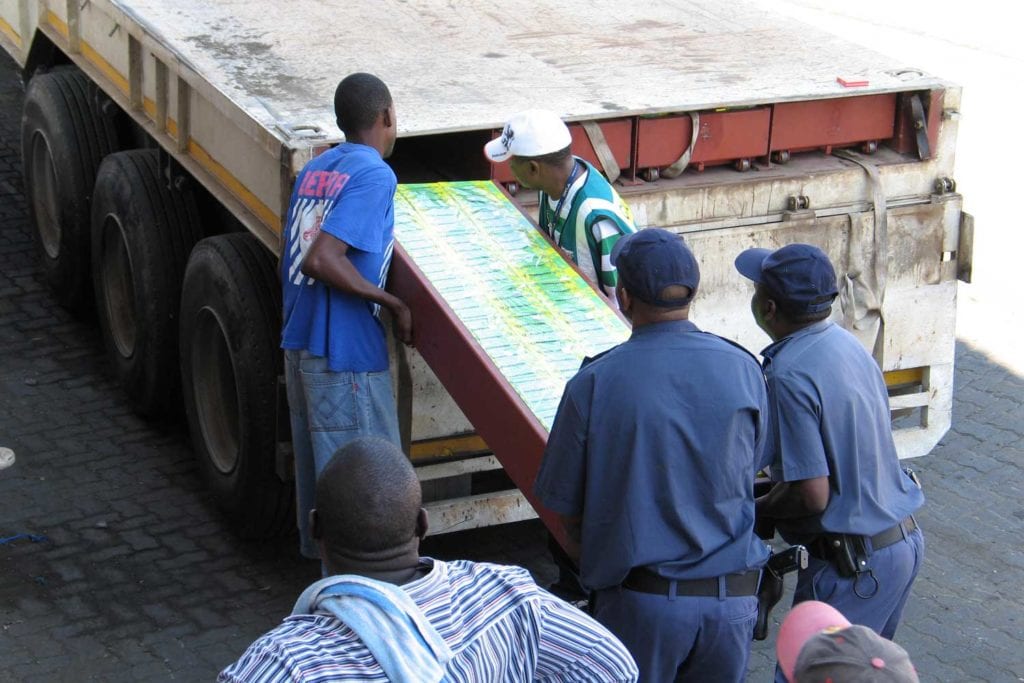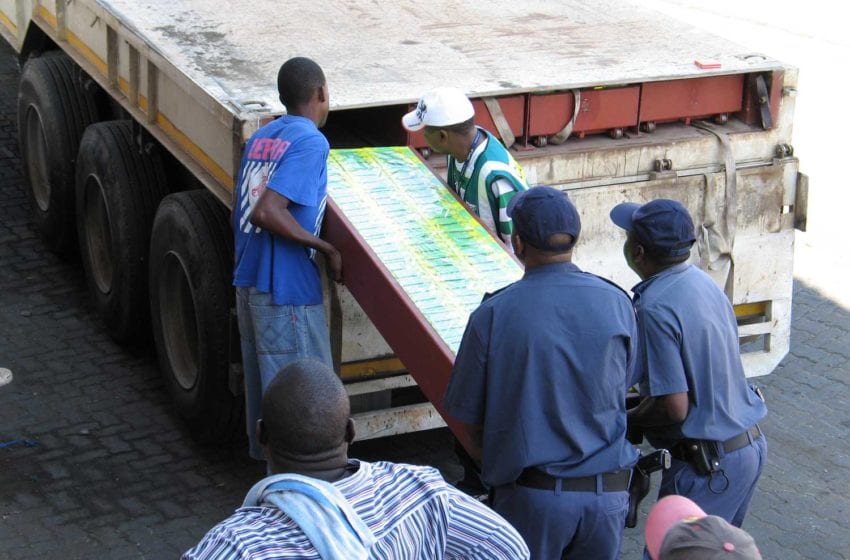
A new study by Ipsos shows that illegal cigarette trade has surged in the past year in South Africa.
Illicit trade exploded during a five-month ban on tobacco sales that was implemented to prevent the spread of Covid-19 during 2020. While the ban was lifted in August 2020, illicit trade continues to be significantly higher than it was before the measure.
The Ipsos study showed: four out of five stores in the Western Cape (80 percent) now sell cigarettes below the minimum collectible tax (MCT) rate of ZAR22.79 per pack, as do almost 70 percent of outlets in Gauteng, a significant increase compared to previous research; the number of garage forecourts across the country selling illicit cigarettes has quadrupled in the last year—despite the 2020 sales ban having been lifted; a single pack of 20 cigarettes is now on sale for as little as ZAR7 in many retail outlets nationwide.

The latest Ipsos study provides compelling evidence that criminals continue to dominate South Africa’s tobacco trade.
Johnny Moloto, general manager, BAT South Africa
“This is less than a third of the MCT and down even further from ZAR8, which was the lowest price found in the October 2021 study; and products bearing trademarks licensed to or owned by Zimbabwe-based Gold Leaf Tobacco Corporation and CarniLinx, a member of South Africa’s Fair-Trade Independent Tobacco Association, continue to win this illegal price war,” BAT South Africa (BATSA) wrote in a statement.
“The latest Ipsos study provides compelling evidence that criminals continue to dominate South Africa’s tobacco trade,” said BATSA General Manager Johnny Moloto. “These criminals are hiding in plain sight, robbing the fiscus of vital revenue when it is needed most. They are destroying legitimate businesses and jobs while national unemployment rates hit record highs.”
Tobacco Reporter covered South Africa’s struggle with illicit trade in-depth in its March 2022 issue (see “Damage Done“).

